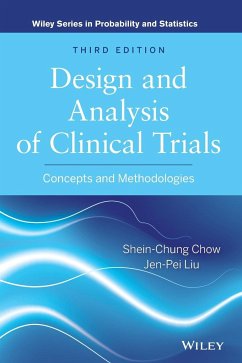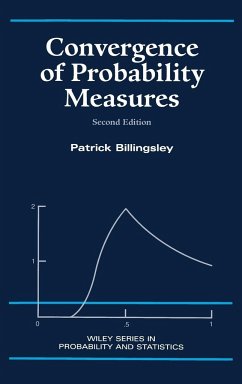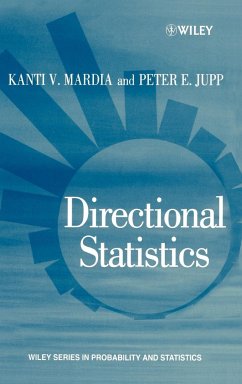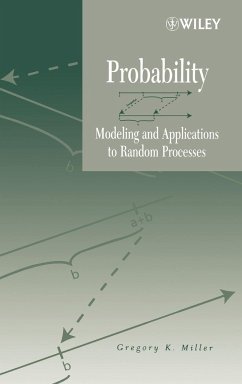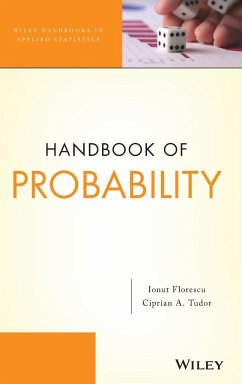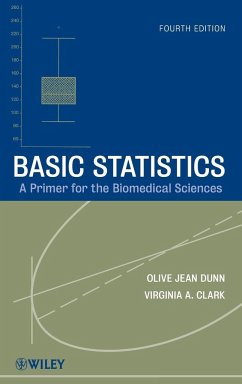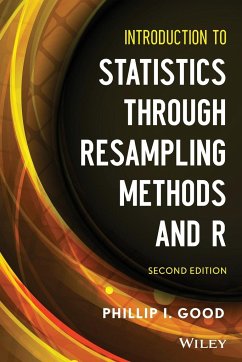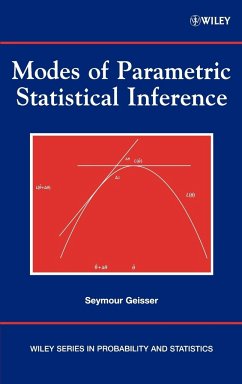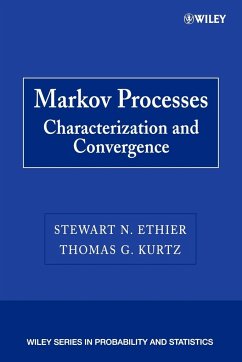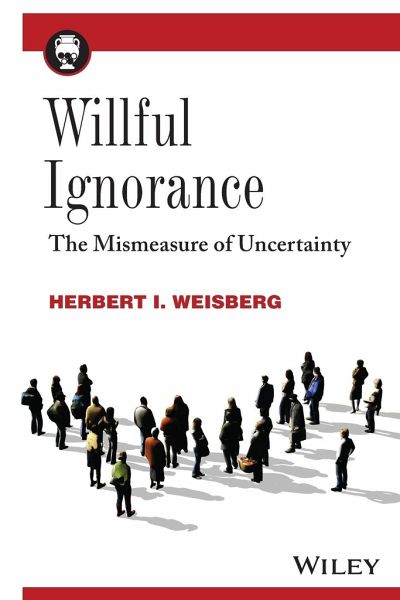
Willful Ignorance
The Mismeasure of Uncertainty
Versandkostenfrei!
Versandfertig in über 4 Wochen
28,99 €
inkl. MwSt.
Weitere Ausgaben:

PAYBACK Punkte
14 °P sammeln!
An original account of willful ignorance and how this principle relates to modern probability and statistical methodsThrough a series of colorful stories about great thinkers and the problems they chose to solve, the author traces the historical evolution of probability and explains how statistical methods have helped to propel scientific research. However, the past success of statistics has depended on vast, deliberate simplifications amounting to willful ignorance, and this very success now threatens future advances in medicine, the social sciences, and other fields. Limitations of existing ...
An original account of willful ignorance and how this principle relates to modern probability and statistical methods
Through a series of colorful stories about great thinkers and the problems they chose to solve, the author traces the historical evolution of probability and explains how statistical methods have helped to propel scientific research. However, the past success of statistics has depended on vast, deliberate simplifications amounting to willful ignorance, and this very success now threatens future advances in medicine, the social sciences, and other fields. Limitations of existing methods result in frequent reversals of scientific findings and recommendations, to the consternation of both scientists and the lay public.
Willful Ignorance: The Mismeasure of Uncertainty exposes the fallacy of regarding probability as the full measure of our uncertainty. The book explains how statistical methodology, though enormously productive and influential over the past century, is approaching a crisis. The deep and troubling divide between qualitative and quantitative modes of research, and between research and practice, are reflections of this underlying problem. The author outlines a path toward the re-engineering of data analysis to help close these gaps and accelerate scientific discovery.
Willful Ignorance: The Mismeasure of Uncertainty presents essential information and novel ideas that should be of interest to anyone concerned about the future of scientific research. The book is especially pertinent for professionals in statistics and related fields, including practicing and research clinicians, biomedical and social science researchers, business leaders, and policy-makers.
Through a series of colorful stories about great thinkers and the problems they chose to solve, the author traces the historical evolution of probability and explains how statistical methods have helped to propel scientific research. However, the past success of statistics has depended on vast, deliberate simplifications amounting to willful ignorance, and this very success now threatens future advances in medicine, the social sciences, and other fields. Limitations of existing methods result in frequent reversals of scientific findings and recommendations, to the consternation of both scientists and the lay public.
Willful Ignorance: The Mismeasure of Uncertainty exposes the fallacy of regarding probability as the full measure of our uncertainty. The book explains how statistical methodology, though enormously productive and influential over the past century, is approaching a crisis. The deep and troubling divide between qualitative and quantitative modes of research, and between research and practice, are reflections of this underlying problem. The author outlines a path toward the re-engineering of data analysis to help close these gaps and accelerate scientific discovery.
Willful Ignorance: The Mismeasure of Uncertainty presents essential information and novel ideas that should be of interest to anyone concerned about the future of scientific research. The book is especially pertinent for professionals in statistics and related fields, including practicing and research clinicians, biomedical and social science researchers, business leaders, and policy-makers.



